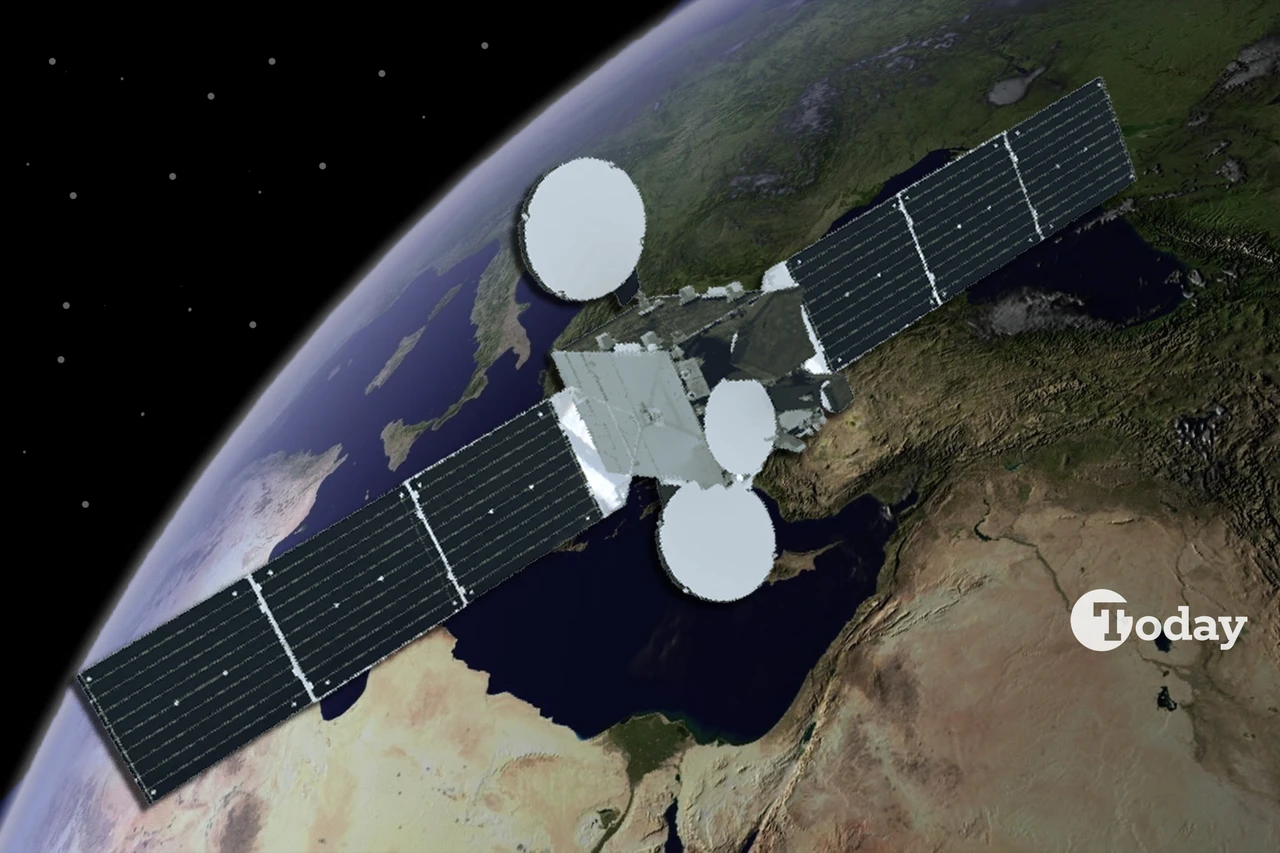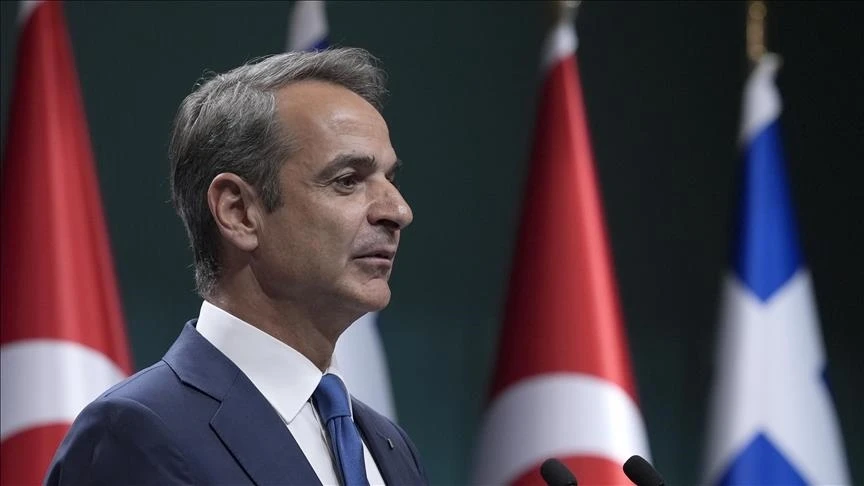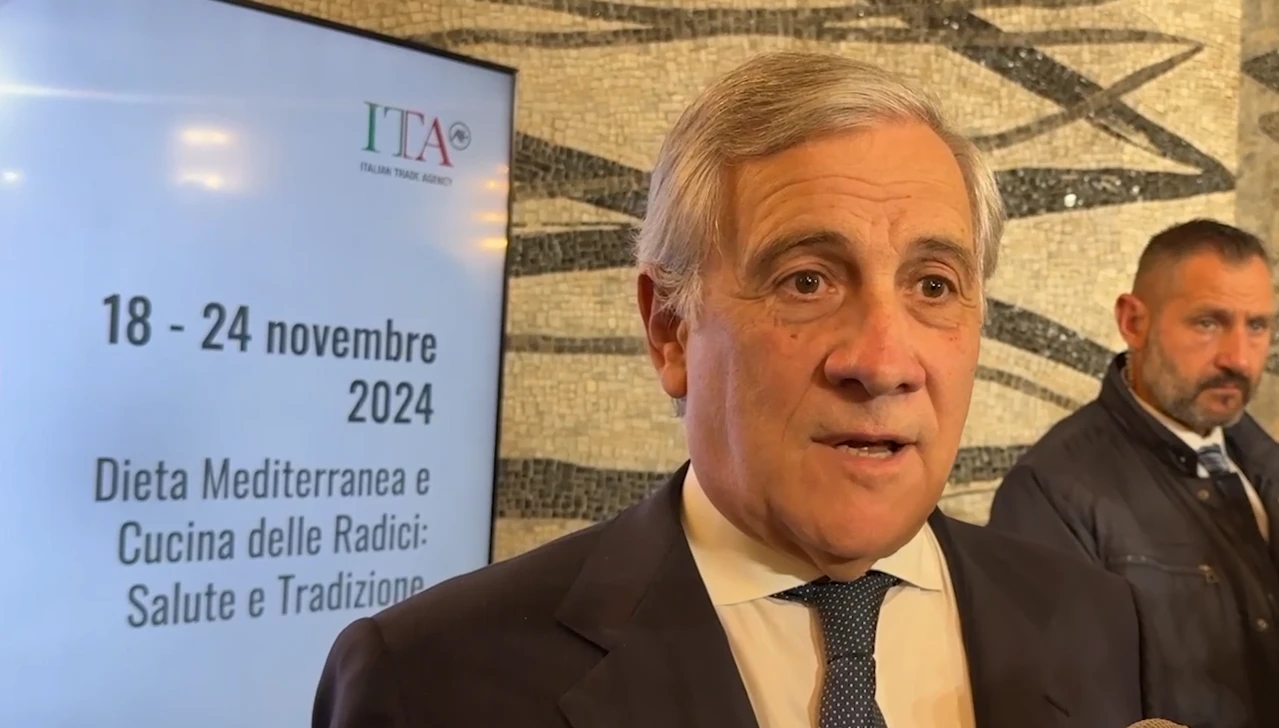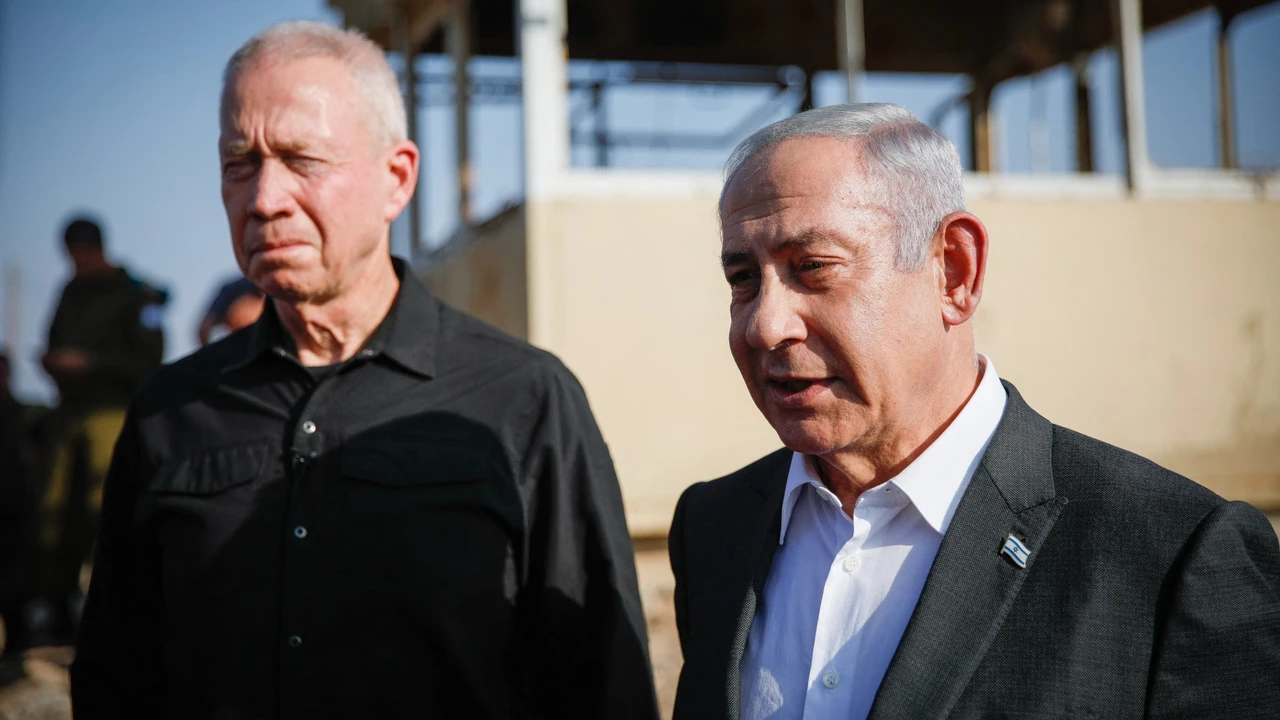Ethiopia ‘not interested in war’ over Somalia deal dispute
 Ethiopia's Prime Minister Abiy Ahmed speaks after his meeting with Malaysia's Prime Minister Anwar Ibrahim in Putrajaya on October 26, 2024. (AFP Photo)
Ethiopia's Prime Minister Abiy Ahmed speaks after his meeting with Malaysia's Prime Minister Anwar Ibrahim in Putrajaya on October 26, 2024. (AFP Photo)
Ethiopian Prime Minister Abiy Ahmed emphasized Thursday that Ethiopia has “no interest in getting involved in a war” over an agreement with Somaliland, a self-declared autonomous region in northern Somalia.
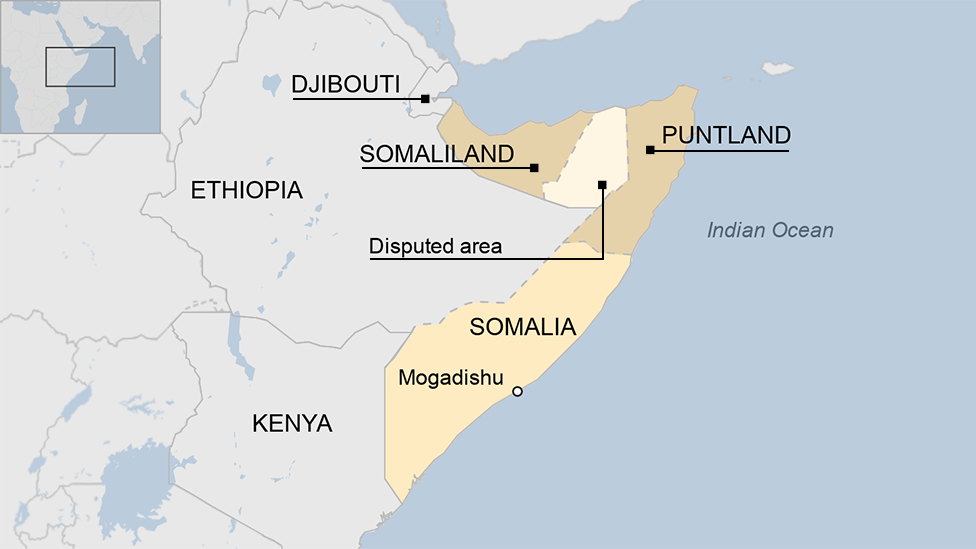
Ethiopia-Somaliland agreement raises tensions
In January, Ethiopia signed a 50-year agreement with Somaliland to lease a portion of Somaliland’s coastline. This move has sparked powerful reactions from Somalia, which does not recognize Somaliland’s self-declared independence since 1991.
Abiy clarified in his address to parliament that the arrangement is strictly a “development agreement,” aiming to fulfill Ethiopia’s need for maritime access. “We have demanded access to the sea, and that is what it is all about,” Abiy stated. “We will not take offensive action, but we will defend ourselves effectively if something happens.”
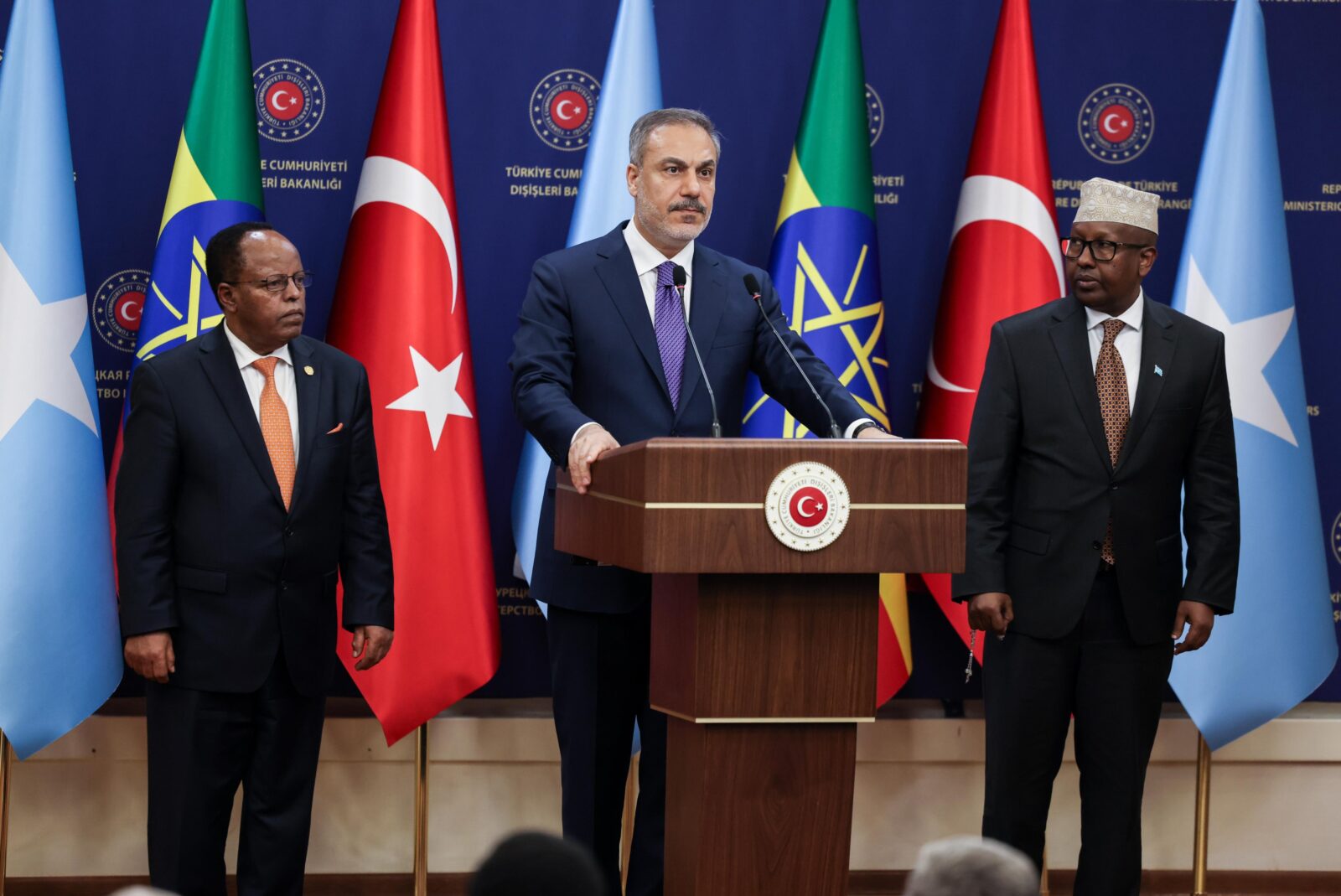
Somalia’s response to Ethiopia’s maritime agreement
Somalia has condemned the agreement as a breach of its sovereignty, calling it “illegal.” Following the deal, Somalia expelled Ethiopia’s ambassador in April and has decided to exclude Ethiopian troops from the upcoming African Union peacekeeping force in Somalia, which is set to be deployed in January.
The agreement, signed in January 2024, between Ethiopia and the self-declared, breakaway republic of Somaliland, has strained relations between Somalia and Ethiopia.
According to Somaliland officials, Ethiopia agreed to recognize Somaliland’s independence by leasing 20 kilometers (12 miles) of seashore for use as a naval base for 50 years.
Somalia views the deal as an infringement of its sovereignty.
Fiqi warned that if Ethiopia continues with this agreement, Somalia might be forced to take drastic measures, including aligning itself with Ethiopian rebel groups.
“We have not reached that stage, but it’s a path open to us … it’s the correct thing to go there, to take that path to meet them, to support them, to stand by them (the rebels).”
Regional dynamics, international relations
Somalia has also been strengthening military ties with Egypt, a country with its own historical tensions with Ethiopia. Observers note that the partnership could escalate tensions in the already unstable Horn of Africa, where both countries share complex regional interests.
Ethiopia, with over 120 million people and the second-largest population in Africa, has been landlocked since Eritrea gained independence in 1993, losing direct access to the Red Sea.
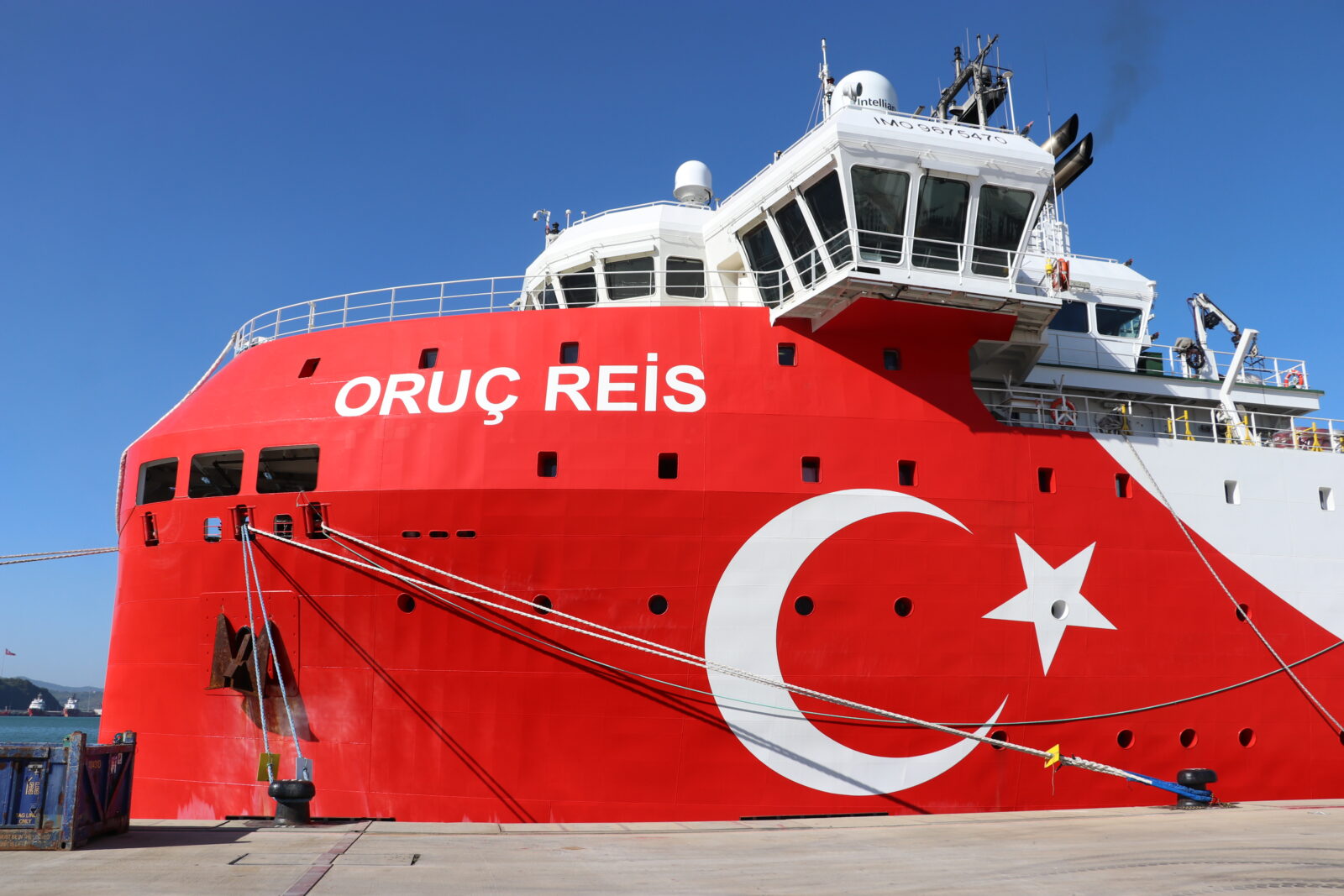
Ankara mediation talks between Somalia-Ethiopia
In May, Ethiopian Prime Minister Abiy Ahmed Ali reached out to President Erdogan, requesting Türkiye’s help in resolving the conflict with Somalia.
Shortly thereafter, Somalia also sought Ankara’s involvement, prompting President Erdogan to instruct Foreign Minister Hakan Fidan to address the growing crisis.
On July 1, Foreign Minister Fidan hosted the first round of talks in Ankara, attended by Ethiopian Foreign Minister Taye Atske Selassie and Somali Minister of Foreign Affairs and International Cooperation Ahmed Moallim Fiqi.
The meeting concluded with both sides expressing a mutual commitment to resolving their differences through peaceful means. But recently, the third phase of mediation talks between Somalia and Ethiopia, known as the Ankara Process, has been reportedly postponed.
The meeting, initially scheduled for Sept. 17, was deferred without an official explanation. Despite the delay, Türkiye remains committed to mediating the escalating tensions between the two neighboring countries.
Some sources say the cause for the delay is because of the tension caused by Egypt’s deployment of troops to Somalia and no date has been set.
